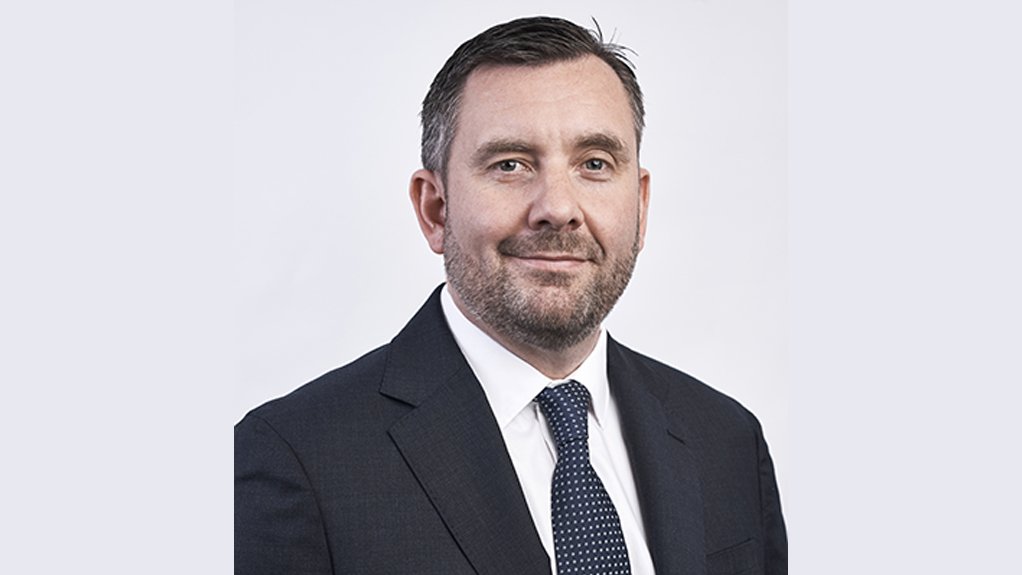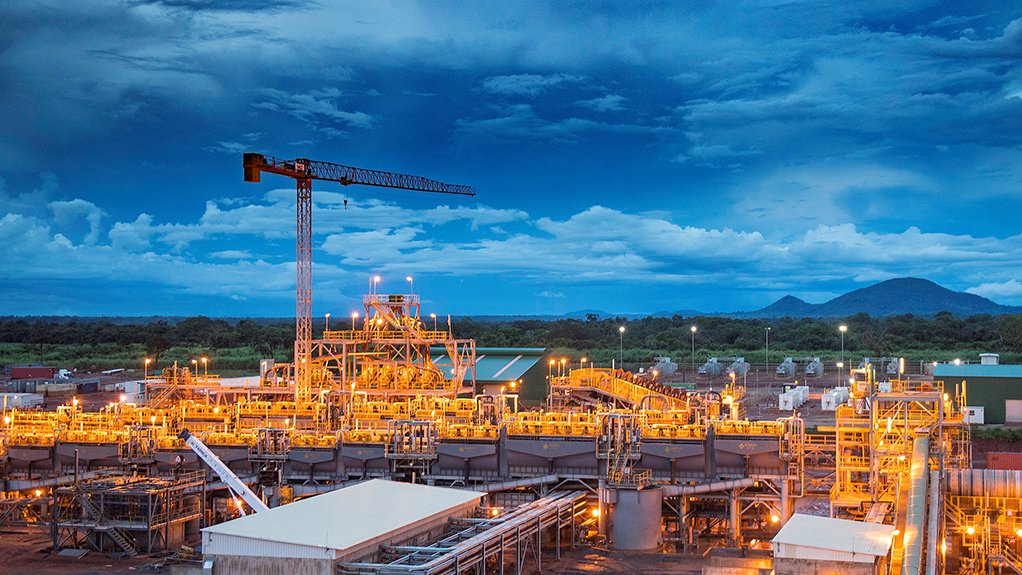Australian resources company and graphite miner Syrah Resources’ base case demand view provides natural graphite market growth of about 270 000 t in the next three years from about 750 000 t at the end of last year, almost all of which is in natural graphite fines, with quality also becoming an increasing differentiator.
Syrah MD and CEO Shaun Verner tells Mining Weekly that this view supports the company’s Balama Graphite Operation, in Mozambique, reaching full production of 350 000 t/y on demand growth only over the medium term, but the company also sees earlier substitution share gains from the quality differential and alternative sourcing.
“While coarse or ‘large flake’ growth exists, it is important to understand that this is a small market, and Balama’s incremental production is expected to fully satisfy incremental demand in the next three years.”
He points out that the major factors influencing the global market balance during this period are electric vehicle, bus and truck (unit) sales; the energy capacity of lithium-ion batteries; and the proportion of natural to synthetic graphite in the anode.
Supply scenarios will be driven by environmental pressure on China’s supply and grade decline, as well as a low likelihood of new major greenfield supply in the near term, Verner explains.
Syrah’s plan for the 2019 financial year is based on driving down unit costs structurally and through volume increase while maximising its realised sales prices.
The company’s plant design and cost base for Balama is optimised at more than 70% capacity use and it is therefore seeking to achieve a run rate of 20 000 t a month quickly to drive a unit cost decrease through increased production volume.
Syrah’s full-year production target for 2019 remains about 250 000 t, subject to market conditions.
The company has established itself as the largest natural graphite producer globally, with production of more than 100 000 t last year. In the first quarter of this year, the company produced 48 000 t of graphite and had a strong production month in March, with a record 19 000 t produced.
Syrah has global sales contracts established for all major region and end-use segments, including the traditional industrial, and high-growth battery, sectors, Verner advances. The company sold and shipped more than 70 000 t last year and 48 000 t in the first quarter of this year.
In 2018, the company became the first major exporter of graphite to China. This is significant, as the major growth from battery electrification is and will come from China, with graphite being the key material of the battery anode.
Syrah also progressed its downstream battery anode material (BAM) strategy. A BAM site in Louisiana, in the US, was acquired in August last year and first production of unpurified spherical graphite for qualification purposes was achieved by year-end. Verner notes that installation of the purification circuit is continuing and Syrah is well placed to achieve first production of purified spherical graphite around mid-2019.
“Our focus for this year is for consistency and stability through methodical continuation of production volume increase.”
Skills Development
Syrah, in partnership with the Mozambique Institute of Professional Training and Labour Studies, opened the Balama Professional Training Centre (BPTC), a purpose-built learning and development facility located in the Balama district of Cabo Delgado province, in December last year.
The training centre aims to improve the employability of members of Syrah’s host communities and will train a minimum of 500 community members over the next five years across basic artisan, health promotion and work readiness disciplines.
Verner states that students are sourced almost exclusively from the host communities and are selected by the BPTC management committee.
The first 30 candidates were inducted before the end of last year; training started in January in work readiness, health promotion and basic mechanical and electrical disciplines with the first three-month training programme completed in April. Students received graduating certificates during the official inauguration of the BPTC last month.
“We see this [the training centre] as a great opportunity for the people of our host communities. “We are committed to making a long-term, positive impact on Mozambique,” Verner enthuses.
Meanwhile, he mentions that the company sees a bright future for the mining industry and resource project development in Mozambique, adding that the national and provincial government is focused on providing a stable legislative and taxation jurisdiction, as well as strong support for new projects.
“Most importantly, we see communities that and individuals who are motivated to be a part of the resource projects,” he concludes.
Edited by: Mia Breytenbach
Creamer Media Deputy Editor: Features
EMAIL THIS ARTICLE SAVE THIS ARTICLE
ARTICLE ENQUIRY
To subscribe email subscriptions@creamermedia.co.za or click here
To advertise email advertising@creamermedia.co.za or click here















